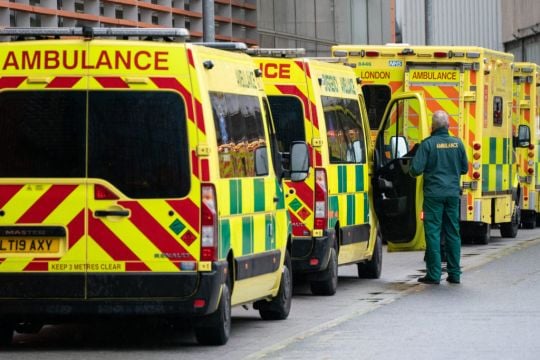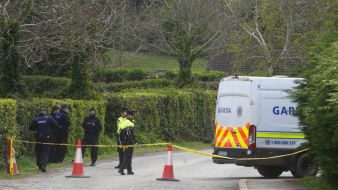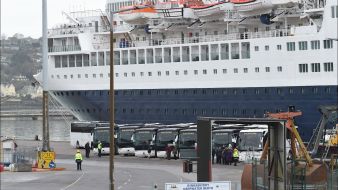Urgent and emergency services are threatened by a staffing crisis in the ambulance service, endangering targets for responding to the most serious calls over the next four years.
An unpublished HSE presentation warns recruitment “is being surpassed by demand for the organisation’s services”, which “poses a serious risk to the ability of the [National Ambulance Service] to deliver urgent and emergency care services”.
As The Irish Times reports, the presentation contains details of the HSE human resources workforce plan for the National Ambulance Service (NAS), and says there is a “critical and immediate need to increase workforce capacity”.
The report warns that based on current modelling, compliance with a target to respond within 19 minutes to life-threatening cases other than cardiac or respiratory arrest would be “considerably less than 40 per cent” by 2027.
The current target for these callouts – termed “Delta” calls by the HSE – is for 50 per cent to be responded to within that timeframe.
Data obtained by Sinn Féin health spokesman David Cullinane shows that compliance is already beginning to slip.
Life-threatening calls
“The average response times for life-threatening calls have dropped off considerably in the first six months of this year compared to last year,” Mr Cullinane said. “Every minute lost responding to an emergency callout carries a high risk.”
The data, released to Mr Cullinane in replies to parliamentary questions, shows that for the first six months of last year, Delta calls were responded to within 19 minutes just more than 50 per cent of the time on average. For the same period in 2022, that fell to 42 per cent.
A separate category of serious calls – termed “Echo” – also shows response times are not improving. The NAS target is to respond to these calls, which relate to life-threatening cardiac or respiratory arrest, within 19 minutes 70 per cent of the time.
The data given to Sinn Féin shows that the first six months of 2021, 78.5 per cent of calls were responded to in this timeframe on average, but this year the figure is 72.6 per cent.
A spokesman for the HSE said that there has been a 14 per cent increase in emergency calls since 2019.
“Since the onset of the Covid-19 pandemic each call is taking longer due to Covid procedures and offload delays at hospitals. Ambulance services worldwide have had similar experiences due to the prevalence of Covid," they said.







